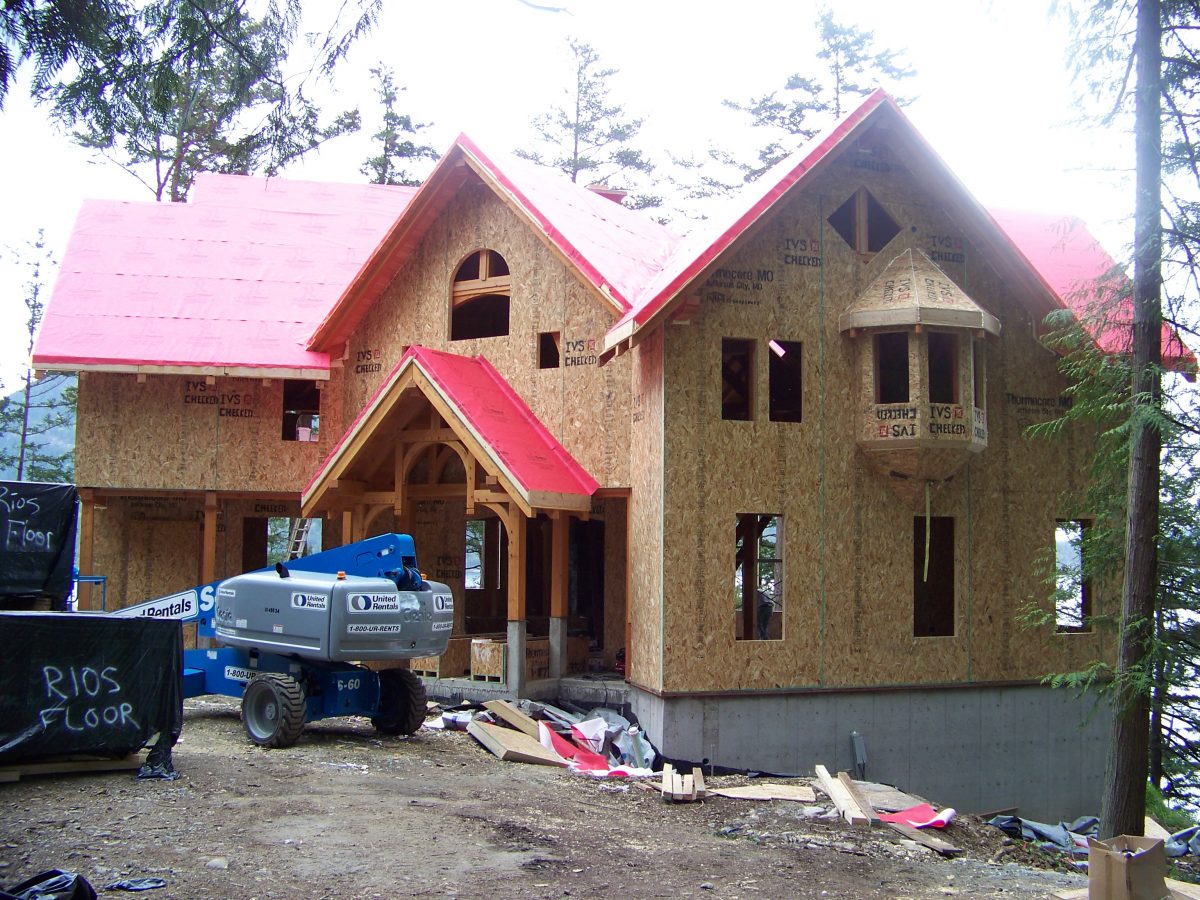Tag: Thermocore SIPS
-

High Performance Walls and SIPs
When building an energy efficient home, High Performance wall assemblies are critical components, and can be grouped into a couple of categories: 1. Built on-site advanced wall assemblies and 2. Prefabricated walls, to include SIPs. Note that this blog post is largely dedicated to Polyurethane SIPs. ICFs, Insulated Concrete Forms, are a good option and…
